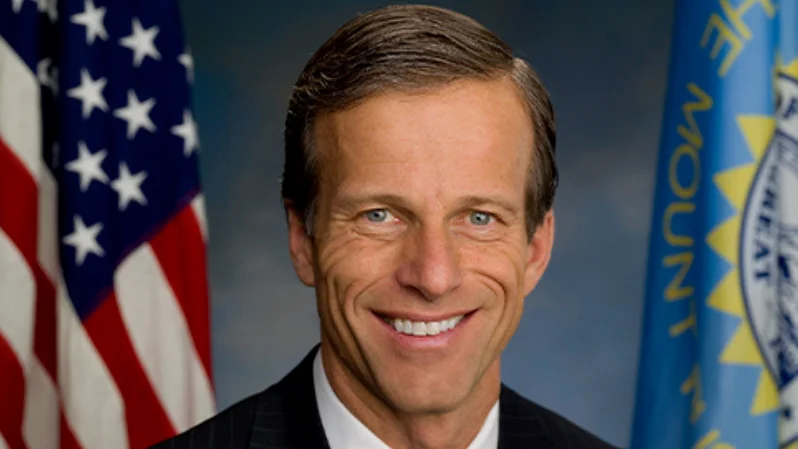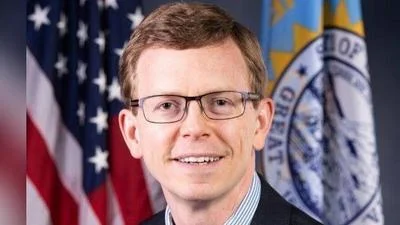Senator John Thune, US Senator for South Dakota | Official U.S. Senate headshot
Senator John Thune, US Senator for South Dakota | Official U.S. Senate headshot
The U.S. Senate is set to consider a change in its rules regarding the confirmation of presidential nominees, according to remarks delivered today by Senate Majority Leader John Thune (R-S.D.). Thune addressed the chamber ahead of a vote to amend Senate rules in order to return to what he described as the previous precedent for confirming presidential appointees.
Thune outlined that, historically, the Senate would confirm presidential nominations efficiently, often grouping them together and using voice votes or unanimous consent. He emphasized this did not mean every nominee was automatically approved but allowed presidents to form their teams without prolonged delays.
“But over the years, Democrats have steadily eroded that bipartisan tradition – first during President George W. Bush’s administration, then, dramatically, during the first Trump administration, and finally to where we are today,” Thune said on the floor.
He argued that Democrats have fundamentally altered the confirmation process. “We are more than seven months into President Trump’s current term. And the Senate has yet to confirm one single civilian nominee by unanimous consent or voice vote,” Thune stated. He contrasted this with President Biden's administration at a similar point in time: “By this point in his administration President Biden had had 76 civilian nominees confirmed by voice vote.”
According to Thune, despite some nominees receiving support from Democratic senators on final passage—62 out of 139 confirmed so far—the process has been slowed for each nomination. He attributed this delay solely to partisanship: “Petty partisanship, Mr. President. Nothing more, nothing less, nothing else.”
Thune dismissed arguments from Democratic leadership suggesting concerns about nominee quality: “But I won’t waste time today debunking that. I don’t need to. It’s been debunked for me, by the fact that close to half of President Trump’s nominees have received Democrat support on final passage.” He also noted bipartisan committee support for several nominees.
He said these procedural delays have consequences beyond staffing executive positions. The additional time required for cloture votes on each nominee limits floor time available for legislative work—a responsibility he identified as central to the Senate’s function.
“Advice and consent on presidential nominations is part of our job as senators. But it’s not the only part of our job,” Thune said.
As majority leader, Thune reiterated his intention was always to improve Senate operations and expressed regret at having reached this impasse with Democrats: “It would have been nice not to have to go through this process…there are a lot of Democrats who are aware that they’ve created an untenable situation.”
He concluded by inviting Democratic colleagues to participate in restoring previous norms: “It’s not too late for my Democrat colleagues to join us. I invite them to do so.”


 Alerts Sign-up
Alerts Sign-up